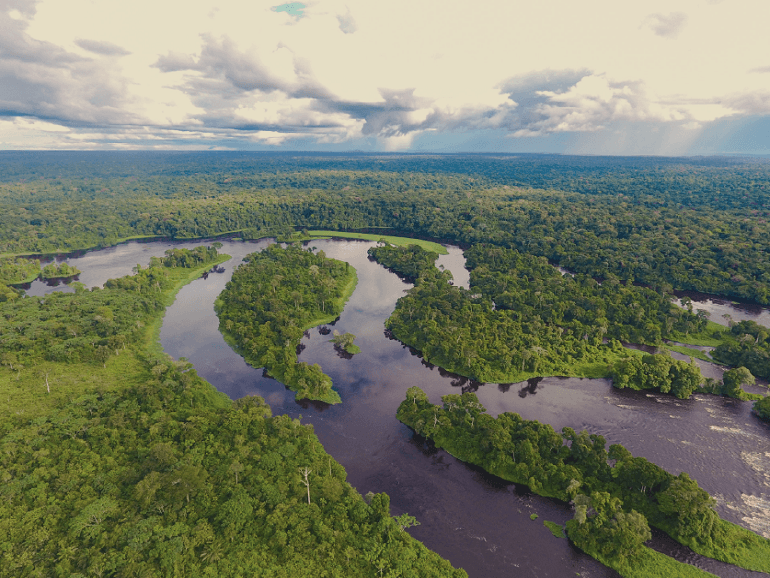Link(s) :


18.06.2021
A few months ago, AFD published a report analyzing the role of forest concessions in biodiversity conservation and local development.

More than half of the Congo Basin's dense rainforests are now dedicated to industrial timber production and are allocated to logging concessions. Since the 1990s/2000, concessions in the Congo Basin countries have been legally required to implement a forest management plan (FMP); however, by 2010, only about half of the active concessions had implemented a FMP. At the same time, about 1/3 of managed forests were FSC certified.
While the effectiveness of forest management and certification to counter deforestation and preserve forest ecosystems is debated, AFD and FFEM conducted a study to identify and measure the effects of FMPs on deforestation between 1990 and 2010. Deforestation in managed concessions was compared to deforestation in concessions with similar characteristics but not managed.
The study found that 3/4 of forest losses occurred outside of forest management units, with a particularly low rate of deforestation in national parks and forest concessions (less than 0.6% over 10 years). Overall, deforestation is mostly observed on a small scale, with slash-and-burn agriculture as a direct cause, as well as fuelwood collection, artisanal carbonization, and artisanal timber exploitation.
The results showed that deforestation is statistically significantly lower in concessions that have been managed for at least 5 years, when compared to similar unmanaged concessions. In contrast, no statistically significant impact of FMPs was observed in the short term. This result should draw attention to the fact that FMP is a medium- to long-term intervention, requiring several years to affect on deforestation. Interventions to encourage the implementation of FMP and forest certification should therefore be evaluated over long time intervals.
This work covers the period 1990-2010, and few concessions were certified during this period in the Congo Basin. It would be interesting to extend the analyses of this report and study whether deforestation has been reduced in concessions that validated their FMP later. It would also be appropriate to study whether there is an additional reduction in deforestation when management is assessed over longer periods.
In addition, forest management and forest certification bring others benefits such as preserving biodiversity and improving the livelihoods of local populations. Future work should therefore document the other potential impacts of FMPs and certification in the Congo Basin and observe whether or not reduced deforestation is accompanied by improvements in other development and conservation dimensions.
To read the summary of the report and download the full report, click here.
Link(s) :
ATIBT channel on YouTube
ATIBT channel on YouTube